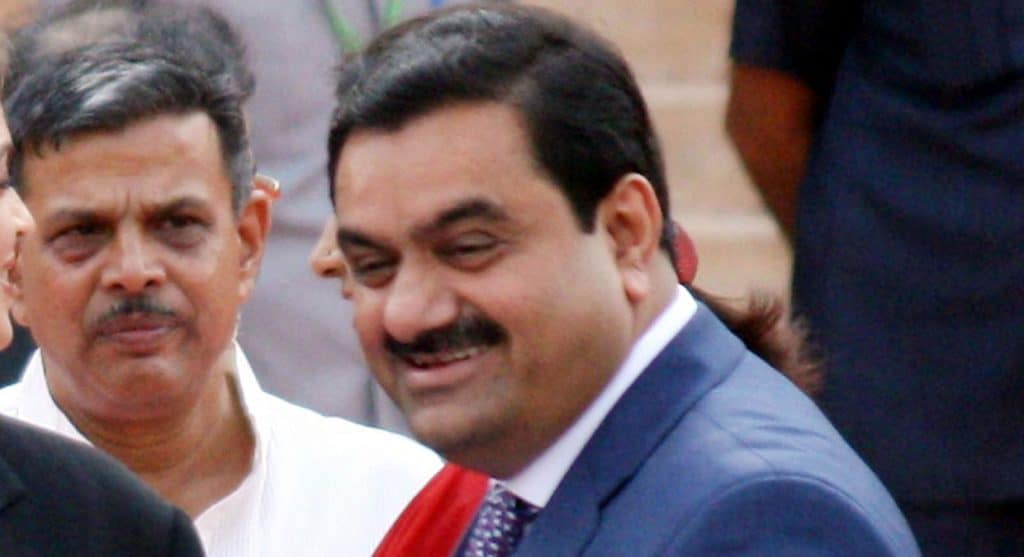Indian mining giant Adani Group’s $16.5 billion coal mine project in Australia has been given green light by the Brisbane Supreme Court, which dismissed the appeals filed against the project by Australian activists.
The Adani Group’s Carmichael coal mine project, one of the largest in the world, will begin work this year. “We will start construction of the project by October and first coal will come out in March 2020,” Gautam Adani, the group’s chairman, said in an interview on Friday.
Adani, with a net worth of $5.8 billion, was ranked 250 in the Forbes’ World’s Billionaire List 2017.
Appeals Dismissed
The appeals from the Australian Conservation Foundation (ACF) and from a central Queensland resident, Adrian Burragubba, were dismissed by a full bench of the federal court in Brisbane.
The Directorate of Revenue Intelligence (DRI) has struck down allegations against the Adani Group that it inflated the declared value of goods imported under the power and infrastructure heads, which attract zero or less than 5% duty.
“Everything that we have done is in the ambit of law—either in India or in Australia, which is an OECD country with stronger rules and laws,” Adani said, according to media reports. “What needs to be looked at is that the timing of the controversies coincides with commencement of the project in Australia.”
Crossing Hurdles
The project involves dredging 1.1 million cubic metres of spoil near the iconic Great Barrier Reef Marine Park, which will then be disposed off on land.
Various environmental groups and activists have voiced their concerns against the Adani Group, which has promised to bring economic growth, including creating thousands of jobs for the people in Queensland.
“We are committed to the larger purpose, to make India energy-secure,” Adani said in the interview. “All these controversies have vested interests and go against India’s interest of providing electricity to 100 million people.”
